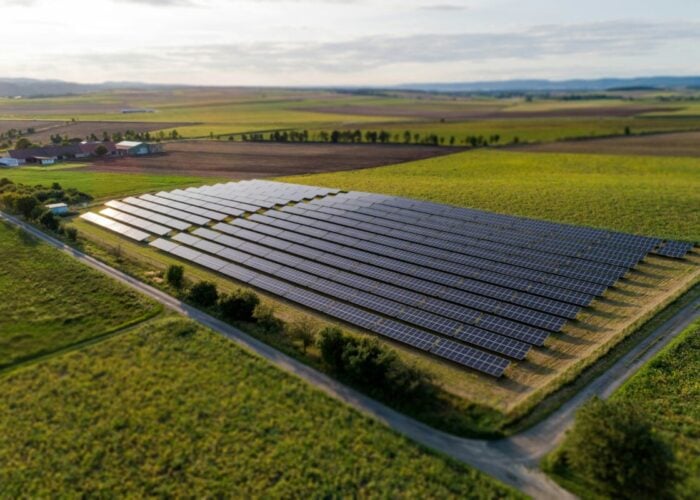The German Federal Council has determined that that the bill earlier adopted by the German Parliament for the reduction of solar subsidies will be going a the mediation committee, which will allow for the federal and state governments to negotiate finding a comprise. If the members do not find a resolution, the Federal Council has the ability to file an appeal against the bill, which could override Parliament’s decision with an absolute majority vote.
Industry members advised that many of the bill’s existing points need to be reexamined, including installation corridors, level and scales of compensation rates, the model of market integration, the promotion of solar storage systems and the retroactive cuts of the promotion to April. Although it may still be several months before any solutions are solidified, the decreases in feed-in-tariffs are expected to come into effect retrospectively for plants that have been connected to the grid after April 1.
Try Premium for just $1
- Full premium access for the first month at only $1
- Converts to an annual rate after 30 days unless cancelled
- Cancel anytime during the trial period
Premium Benefits
- Expert industry analysis and interviews
- Digital access to PV Tech Power journal
- Exclusive event discounts
Or get the full Premium subscription right away
Or continue reading this article for free
The mediation committee is made up of members of Parliament and Federal Council, who are tasked with finding solutions and alternatives for the bill. However, the committee does not have the right to eliminate the law, but it can bring forward recommendations and settlement proposals. The members of the committee will meet three times to resolve the different opinions and all compromises will need to be brought to Parliament and Federal Council for acceptance.
Under the opposed bill, new rates adopted as of March 23 include, systems up to 10kW amounting to a 20.2% reduction to 19.5 cents/kWh, systems from 10 to 1,000kW amounting to between 25 and 29% reduction to 16.5 cents/kWh, systems larger than 1,000kW amounting to around 26% reduction to 13.5 cents/kWh, systems over 10,000kW seeing future subsidies entirely dropped, new small systems will only be remunerated for 85% of the electricity produced, middle-sized and large systems will receive remuneration for 90%, the bonus for own consumption will be dropped, starting in May, there will be a monthly cut of 0.15 cents/kWh for all new systems and from 2014 a continual decrease of the yearly installation corridor by 400MW, and from 2017 the installation corridor will lie between 900 and 1,900MW.






